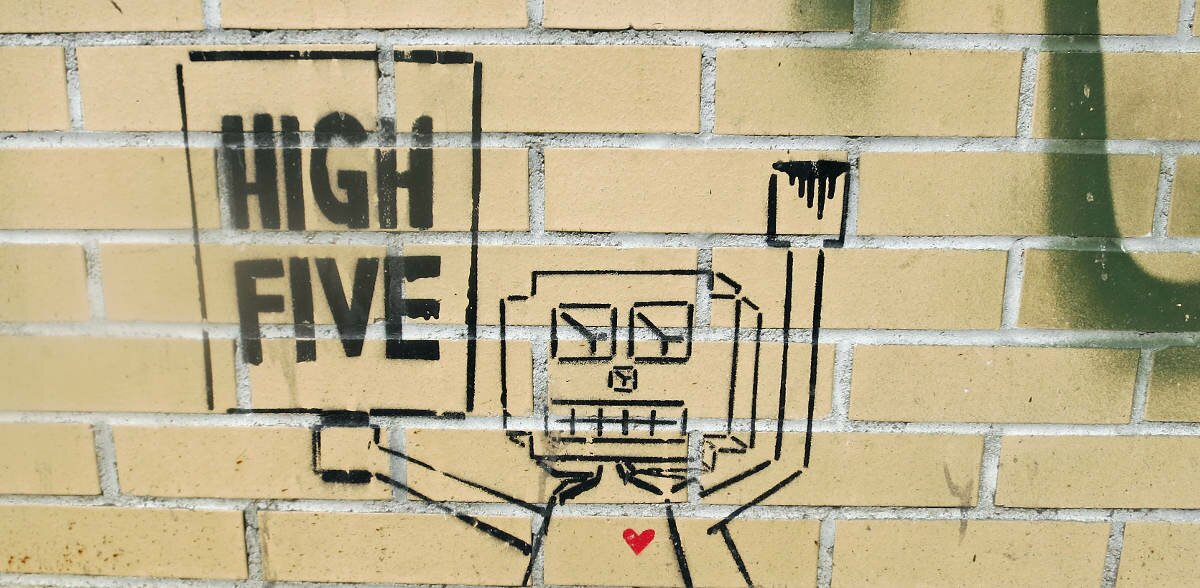Welcome Aaron, Peter and Tiffiniy!
by SF Team, 29 February 2016

https://www.flickr.com/photos/wiredforsound23/10750177755/
We are delighted to welcome 3 new Fellows into the Shuttleworth Fellowship Programme. Each of them brings a new perspective and energy to the Fellowship and we are excited to learn with them as they progress upon their journeys.
Aaron Makaruk
The World Food Summit of 1996 defined food security as existing “when all people at all times have access to sufficient, safe, nutritious food to maintain a healthy and active life” WHO, 2016, with both physical and economic access being considered. With increasing urbanisation comes greater distance between the consumers and producers of food. Along with growing demand, this has lead to trade-offs between volume, shelf life and nutritional value. Costs have gone up, climate change is shifting production patterns and many people find themselves living in urban food deserts.
Through AKER, Aaron Makaruk is developing methodologies, tools and kits for integrating natural agricultural and ecological systems with urban environments in order to restore balance to food production and consumption cycles. These include simple garden kits that snap together without tools in just minutes and can be adjusted to fit even the smallest balcony.
We are excited about working with Aaron on the consumers to creators process. Access to information about the food we eat, its origin and the resources that go into production is essential to building global food security. AKER kits are the beginning of implementing this much larger vision, encouraging hands on engagement. At the same time it is an experiment in the commercialisation of open design in a fresh area for the Foundation.
Peter Cunliffe-Jones
A recent census by Duke University’s Reporters’ Lab found that there are now 96 fact checking initiatives working in 37 countries around the world. That begs the question, is this a solved problem? Not at all. Only 5 of those initiatives are in Africa, compared to 47 in North America. Even more so, misinformation and biased reporting still abound globally. Not only do we need fact checking initiatives to deliver this important service, we need all consumers of information to develop the necessary skills and attitudes to critically engage with the information they encounter every day.
That is a core focus of the work Peter Cunliffe-Jones is doing through AfricaCheck. They are checking claims that public figures and institutions make against the best available public information to change the too-easy flow of disinformation, promote accuracy in public debate and kick-start a healthy skeptical reflex among the public and the media in Africa about claims that are made.
At the Shuttleworth Foundation we believe that access to information is pivotal to good decision-making and should be a basic right for everyone. The question Peter is helping us explore, is what making sense of information looks like. What is missing from the media headlines? How do we make the most of the information we, as the public, have access to - distinguish true from false, map relationships that encourage bias, or simply determine that no definitive answer exists yet. This is an essential skill for all to be effective citizens of the open web.
Tiffiniy Cheng
Since Edward Snowden’s revelation of the mass surveillance of all digital communications in 2013, we have become increasingly aware of how the open web and our digital freedoms are being threatened through technical and political means. Although the internet relies on many decentralised nodes to keep it running, the flow of information and freedom of engagement can be restricted by the actions of a single authority. This imbalance of power leaves individual citizens feeling powerless to affect change or police government compliance with human rights principles.
Tiffiniy Cheng is one of a few individuals who have stepped up to articulate just what can be done. Fight for the Future is developing innovative, scalable organising approaches that are centered around the creative use of technology, messaging and alliance-building. Their purpose is to defend online human rights and the open web using the very nature of the Internet - collaboration between distributed nodes.
Having participated in a number of her campaigns before, we are eager to get a behind the scenes look. Digital freedom is a concept still alien to many, even regular, users of the web. The result is a lack of understanding or appreciation of potential threats, and therefore garners apathetic responses at best. Now is the time to ensure that human rights are reflected in the digital world as they are in the physical. Working with Tiffiniy and Fight for the Future gives us the opportunity to be integrally involved in and directly support positive action.